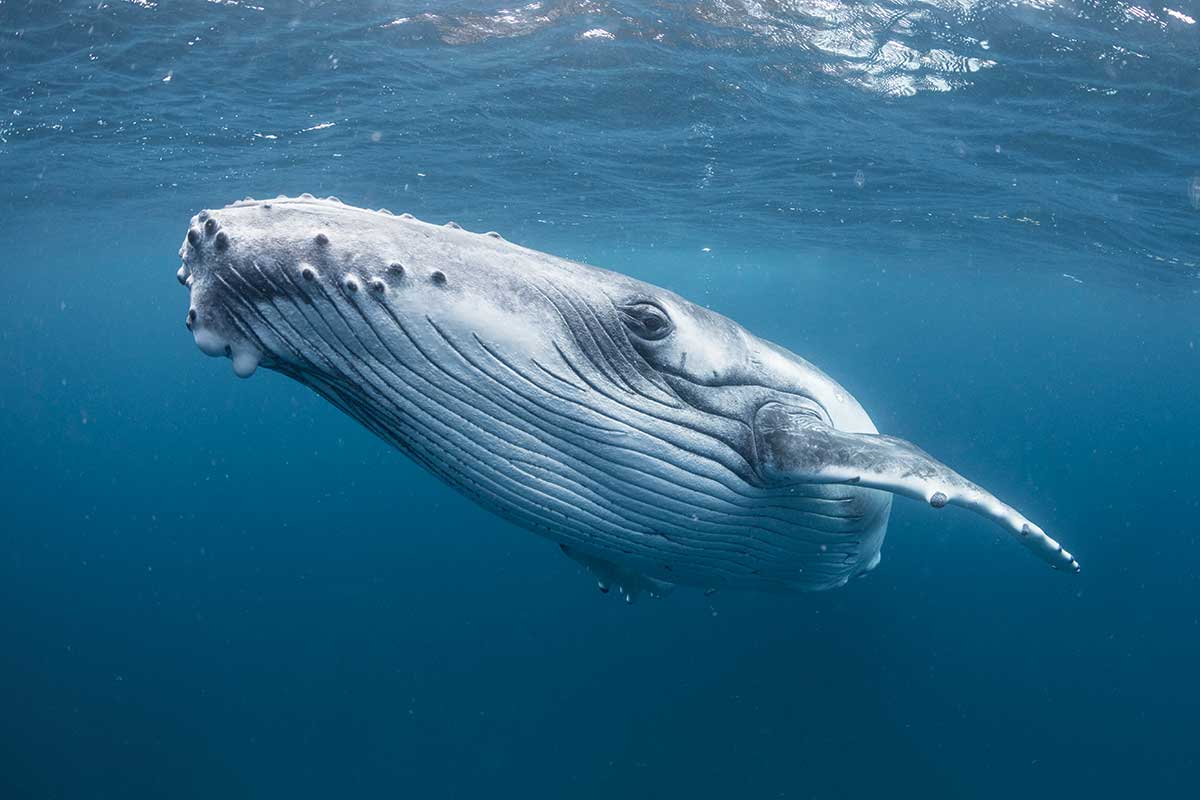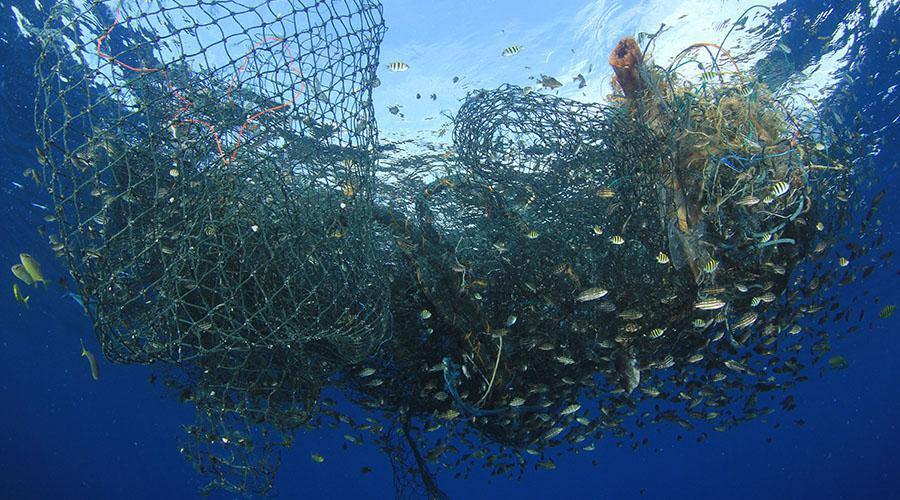5 MIN READ
3-11-2024
Cold Coasts,
Full Impact
Mikaela Walsh, 4ocean Research Analyst
"When the water temperature drops below 50 degrees, the turtles become very slow and lethargic and float helplessly on the surface."
New England is known for its beaches, sailing, fishing, and unique rocky shorelines. With over six thousand miles of coastline, this area has many famous coastal fronts, like Martha’s Vineyard, Nantucket, and Cape Cod. One of the most well-known ocean movies, Jaws, was filmed in Martha’s Vineyard, Massachusetts, and it instilled fear in many ocean-goers. In the northeast United States, the Atlantic Ocean is home to a magnificent display of biodiversity that faces unique threats compared with other regions.

Whales, throughout history, have been sought after for their unique size and thick coating of blubber used to make oil. Due to an abundance of whale sightings and interactions along the coastlines, the hunting of whales was prominent throughout New England. Most whaling occurred in the United States from the 1700s until the early 1900s. It stopped due to the population decline of whales and the discovery of other natural sources of oil. After discovering different resources, whales were less highly sought after for their oil, and people could use alternative resources for lighting and other purposes. Since then, whale populations have struggled due to many different species being on the verge of extinction. Today, whales face a new onset of challenges such as boat strikes, entanglement in fishing gear, and food shortages due to the inconsistent changes of ocean water temperatures. Many whale populations, including the North Atlantic Right Whale, are on the endangered species list. With only an estimated 360 individuals, 70 of which are reproductive females, this species is on the brink of extinction.
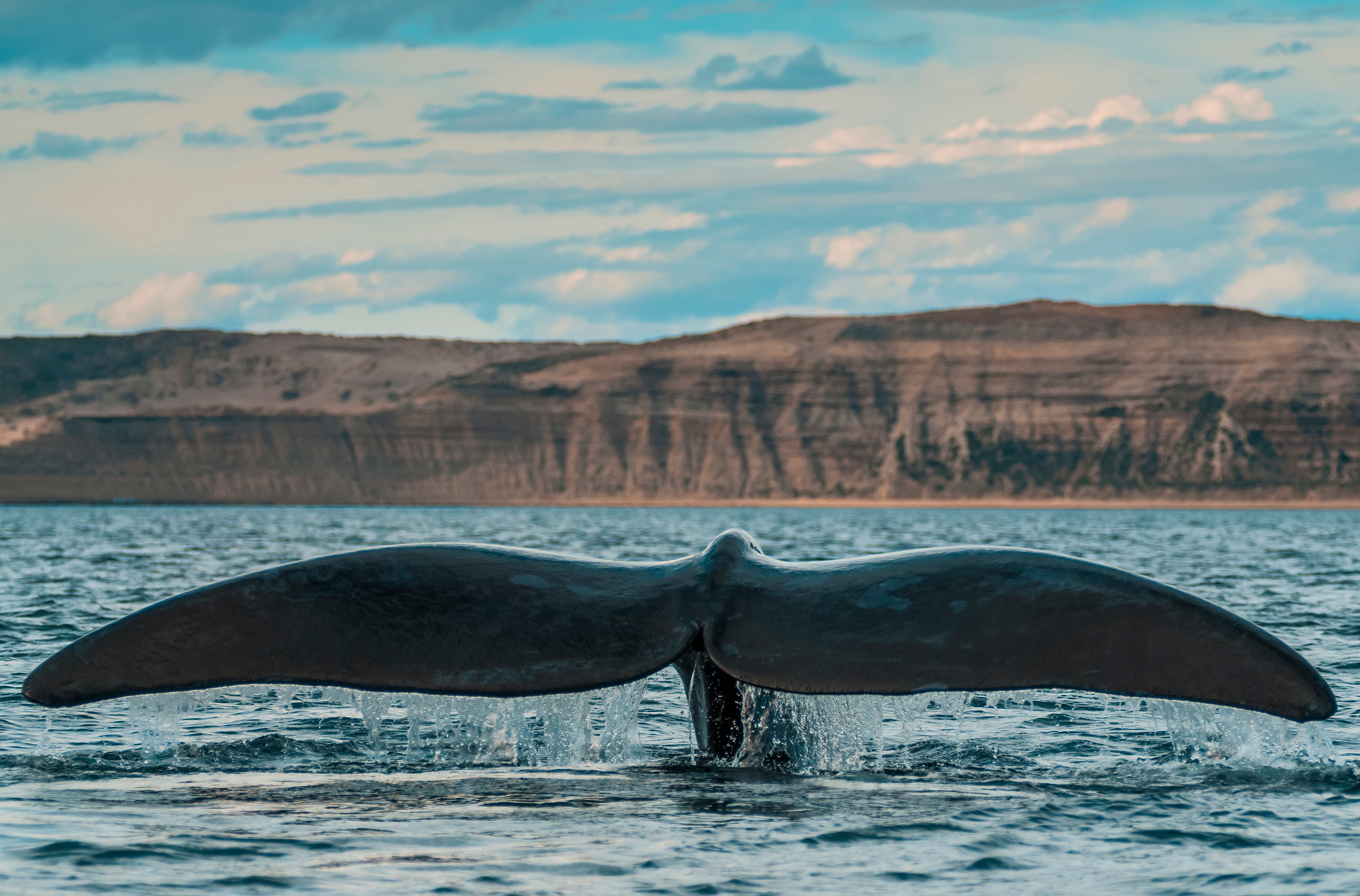
Sea Turtles are an animal many are surprised to encounter in New England. Sea turtles are migratory reptiles that like to be in warm waters and follow their food source. However, in the summertime, these charismatic creatures will migrate north along the Atlantic Coast of the United States. Sea turtles will turn around and head south when the water temperatures drop, but some don’t make it in time. When the water temperature drops below 50 degrees, the turtles become very slow and lethargic and float helplessly on the surface. Cold-stunned and vulnerable, their only chance of survival is often through human care and rehabilitation. Without intervention, they are highly susceptible to fatal boat strikes and predation. Sea turtles are reptiles and thus cannot regulate their body temperature like humans; instead, they are cold-blooded and must stay in environments suitable for survival. The four species of sea turtle found in New England waters are the loggerhead, leatherback, kemp's ridley, and green sea turtle. Sea turtles also face many other challenges for survival, including entanglement in abandoned fishing gear, ingestion of plastic debris, predatory interactions, and many more. All four of these species are on the endangered or threatened species list due to their current population levels.

Fish in New England waterways are crucial for the ecosystem as each species is integral to the food chain. This area is considered highly productive due to the cold upwelling that occurs. Communities around New England have been relying on fishing for generations, and the fishery is now one of the most highly regulated in the world. The National Oceanic and Atmospheric Organization (NOAA) currently manages 42 commercial and recreational species in this region. However, this wasn’t always the case. Overfishing is one of the leading reasons for the decline of New England's fish populations. Many species have faced overexploitation and population collapse, leading to these highly hunted fish groups being listed on the endangered species list. The Atlantic Salmon is a native species that remains on the endangered animal list. The Atlantic Salmon population still faces the consequences of previously undergoing overfishing in this region. The Atlantic Cod and Hammock are two fish that have seen population growth after a reduction in fishing quotas in this region. Overfishing and exploitation in New England are issues because they deplete this region's reproductive fish. Therefore, the abundance of fish is dwindling, and more species are facing potential extinction.
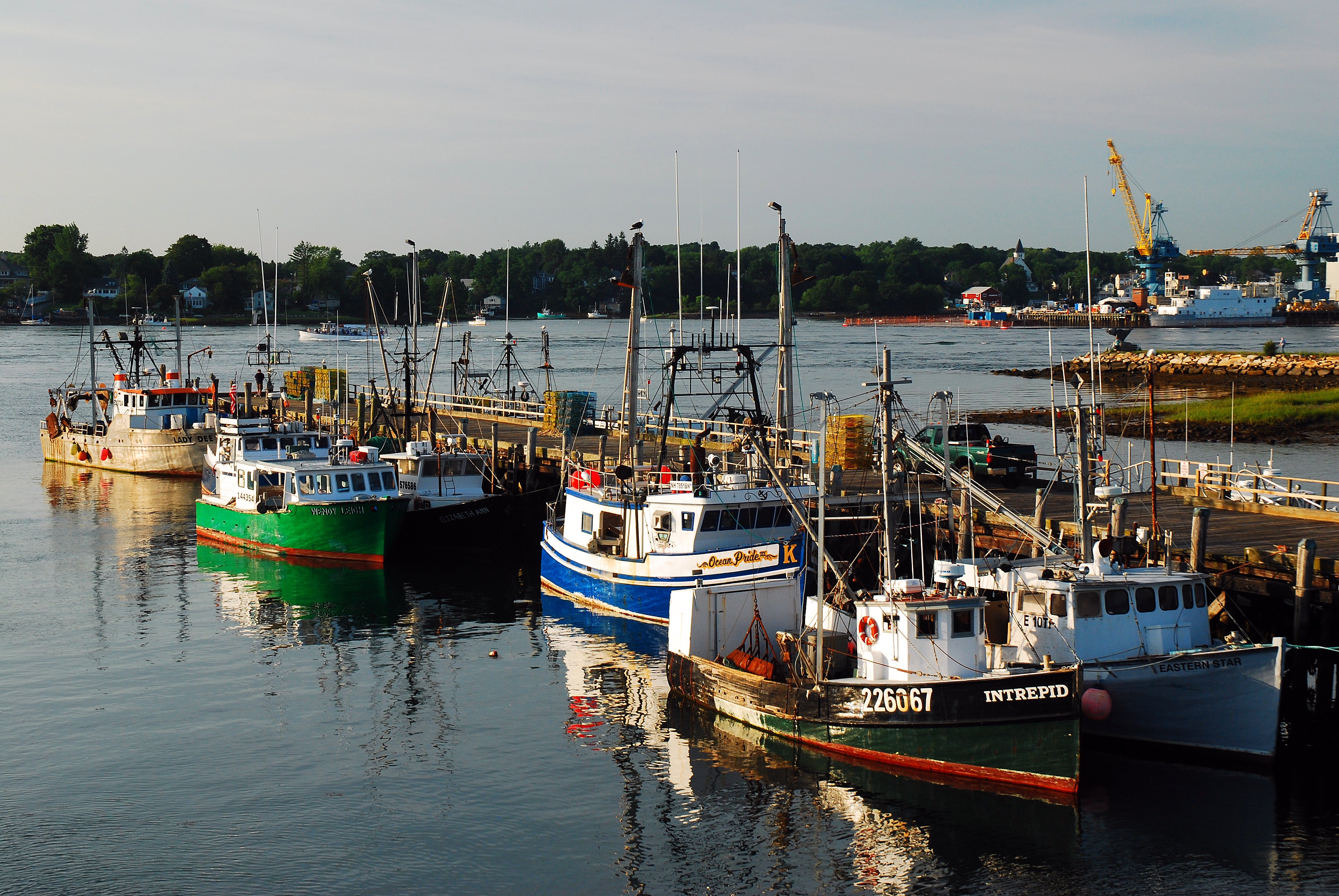
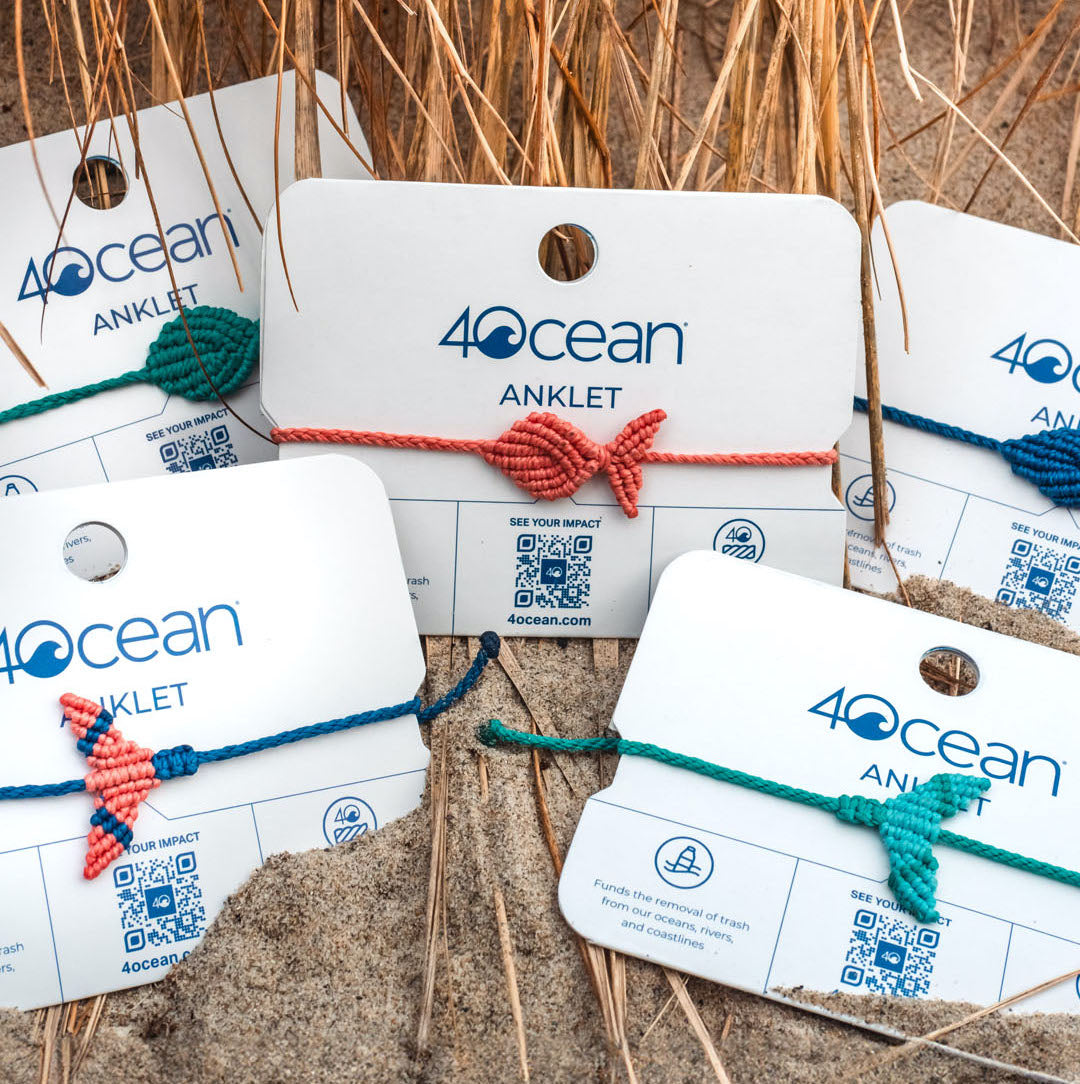
Cape
Collection
Shop now + Clean the OceanOn top of these challenges, fish also have to contend with plastic ingestion, which can have fatal effects. This can include any size of plastic debris, from microplastic particles to larger items. Microplastic particles absorb heavy metals and pollutants from the surrounding ocean waters. Furthermore, these microplastic particles get consumed by organisms and can lead to ingestion of these contaminants. Plastic particles are commonly ingested due to their miniscule size, leading organisms to be unaware they are even eating them. Larger pieces of plastic debris have detrimental effects on marine life. These can cause intestinal ruptures and blockages. Furthermore, they can cause the animals to feel full when, in reality, they are starving. Plastic has no nutritional value and can not be digested by animals, which causes the plastic debris to accumulate in the animals' organs. Ingestion of plastic debris can have irreversible effects and cause discomfort and agony to the animal that falls victim to this.
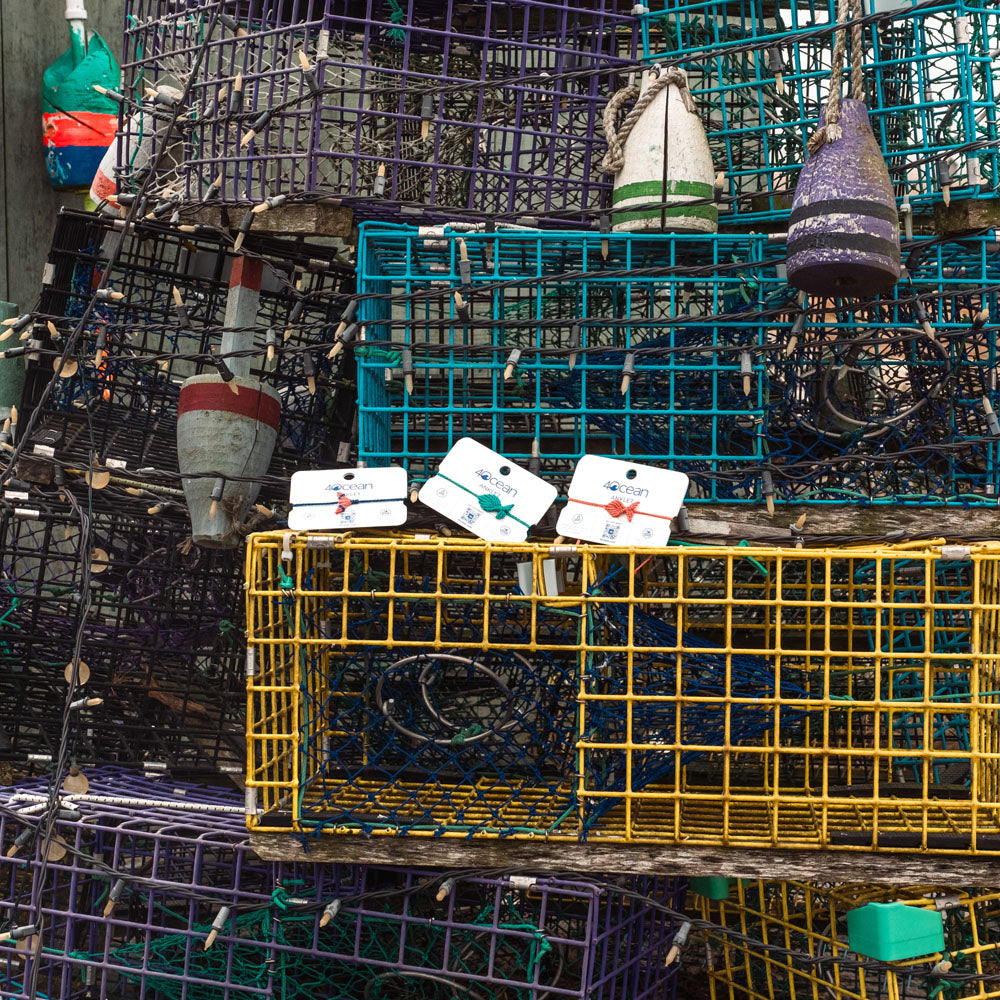
There is still time to create change in this region. We created the Cape Collection to bring awareness to the incredible ocean animals that call New England home. Handmade in Bali by our team of artisans, these macrame bracelets and anklets each remove 5 pounds of trash from the ocean, helping animals, big and small, overcome the perils of plastic pollution.


You May Also Like

Suffocating Seas: Plastic Pollution Poses Deadly Threat For Sea Turtles
